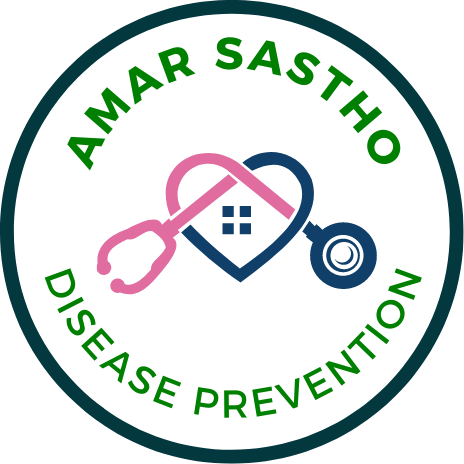Green tea is a popular beverage consumed worldwide. In recent years, it has also gained popularity as a health drink. Green tea is made from non-oxidized leaves and is one of the less processed types of tea. It therefore contains the most antioxidants and beneficial polyphenols.
Green tea contains a number of bio active compounds including caffeine and other alkaloids, polyphenols, and Vitamin K, and after steeping, many of the bio active compounds in the tea leaves effuse into the final drink. The main stimulants in green tea include caffeine, theobromine, and theophylline. On the other hand, L-threonine, an amino acid found in green tea, has a calming effect on the nervous system. Therefore, green tea can have a mildly stimulating but also relaxing effect at the same time.
Green tea is loaded with polyphenol antioxidants, including a catechin called EGCG. These antioxidants can have various beneficial effects on health
Health Benefits:
- Green tea contains less caffeine than coffee, but enough to produce an effect. It also contains the amino acid L-theanine, which can work synergistically with caffeine to improve brain function.
- Few studies have found that in countries where green tea consumption is high, cancer rates tend to be lower. Early clinical studies advise that the polyphenols in tea, especially green tea, may play an important role in the prevention of cancer. Researchers also believe that polyphenols help kill cancerous cells and stop them from growing. Few studies have shown that green tea has positive impacts on breast cancer, Lung cancer, liver cancer, colon cancer, ovarian cancer, skin cancer, prostate cancer, stomach cancer.
- A meta-analysis of observational studies found that women who drank the greenest tea had a lower risk of developing breast cancer, which is the most common form of cancer in women.
- Studies have shown that those who drank at least 5 cups of green tea per day had a significantly lower risk of dying from cardiovascular disease than those who drank less than one cup of tea per day.
- Consuming green tea, either as a beverage or in capsule form, is a link to significant but modest reductions in total and LDL or “bad” cholesterol.
- Drinking green tea on a regular basis is associated with the prevention of mental illness like stress, depression.
- The catechins in green tea may inhibit the growth of bacteria and some viruses. This can lower the risk of infections and lead to improvements in dental health, a lower risk of caries and reduced bad breath.


